Yesterday I had a talk with a lady who was wondering how God could ever bring an end to sin on this planet. She reflected on the fact that there are over six billion people on the planet and more being born every day and how most have never really heard the gospel of Jesus.
She described how people are so busy, likes rats on a wheel, up early each day, off to work, activities with kids, home chores and then to bed exhausted, only to get up and do it all again the next day. She considered how most people seem too busy to think about eternal realities. How, she wondered, will God get people ready to meet Him? And then she asked what was perhaps her most troubling concern: in such a world, what will determine who goes to heaven and who doesn’t?
What do you think? How might you have answered? As I contemplated her questions my mind turned to God’s word and I remembered the words of Jesus in Matthew 24. He said that before His coming there would be troublesome times, wars and rumors of wars, famine, pestilence, false christs, natural disasters and perilous events. Revelation adds to the picture describing economic collapse and governmental abuse. I thought of the two antagonistic principles at war on this planet, those two principles battling for supremacy in each of our hearts. God’s principle of selfless love, the love that is “not self-seeking (1 Cor 13), the love that gives all, even ones life for another (1John 3:16), which is at war with Satan’s principle of selfishness a.k.a. survival of the fittest – the principle which seeks to promote self even to the point of killing others to protect self.
As I considered these two principles I realized that the true character of a person is not determined in easy times, but in hard times. It is easy to demonstrate “kindness and love” when times are good, but true selfless service, genuine Godly giving, real love for others is revealed most clearly when times are hard. Will we still give for others when our own life is on the line?
In 1Kings 17 we read the story of the widow of Zarephath. Elijah had confronted Ahab and no rain had moistened the earth, the streams had dried up and food was scarce, a real time of trouble and trial. When Elijah arrived at Zaraphath, he met a widow who had one son. He asked her for water and a piece of bread. She only had enough flour and oil for one loaf of bread – what should she do? Keep it for herself and her son or make a loaf for Elijah? Should she give in harmony with God’s law of love or protect self and keep back what little she had?
She chose to give and in so doing she entered into God’s circle of love and received from God a constant supply of flour and oil which supplied her need through the entire famine. But she received more than this. When her only son became sick and died, Elijah, through God’s grace, raised the boy to life. What a blessing, what a reward for loving others first.
As the future troubles break upon our world – our homes destroyed, our loved ones taken, our health failed, our finances lost, our freedoms threatened – as the things of this earth upon which we stake so much security are removed, which of the two antagonistic principles will rule our hearts? Will we move forward loving others in our poverty, in our loss, in our earthly ruin or will we seek to protect self, to promote self, to exploit others in order to protect our finances, our properties and even our very lives? Which of the two principles – love or selfishness – will be the governing power in our lives?
Those who are ready to meet Jesus are those who feed the hungry, clothe the naked, visit the imprisoned, and help the sick, those who give even when they have nothing left to give. Those who are like Jesus are not afraid of what happens to themselves and won’t shrink back from loving others, even if it means giving up their own lives (Matthew 25:34-45, Rev 12:11). And just like the widow and her son, those who love others first enter into God’s circle of love and even if they rest in the graves will be raised again! Oh yes, every person will be faced with a choice – a choice to give of themselves to protect, uplift, help and love another or instead protect, uplift and help self at the expense of another. Which power will we choose?

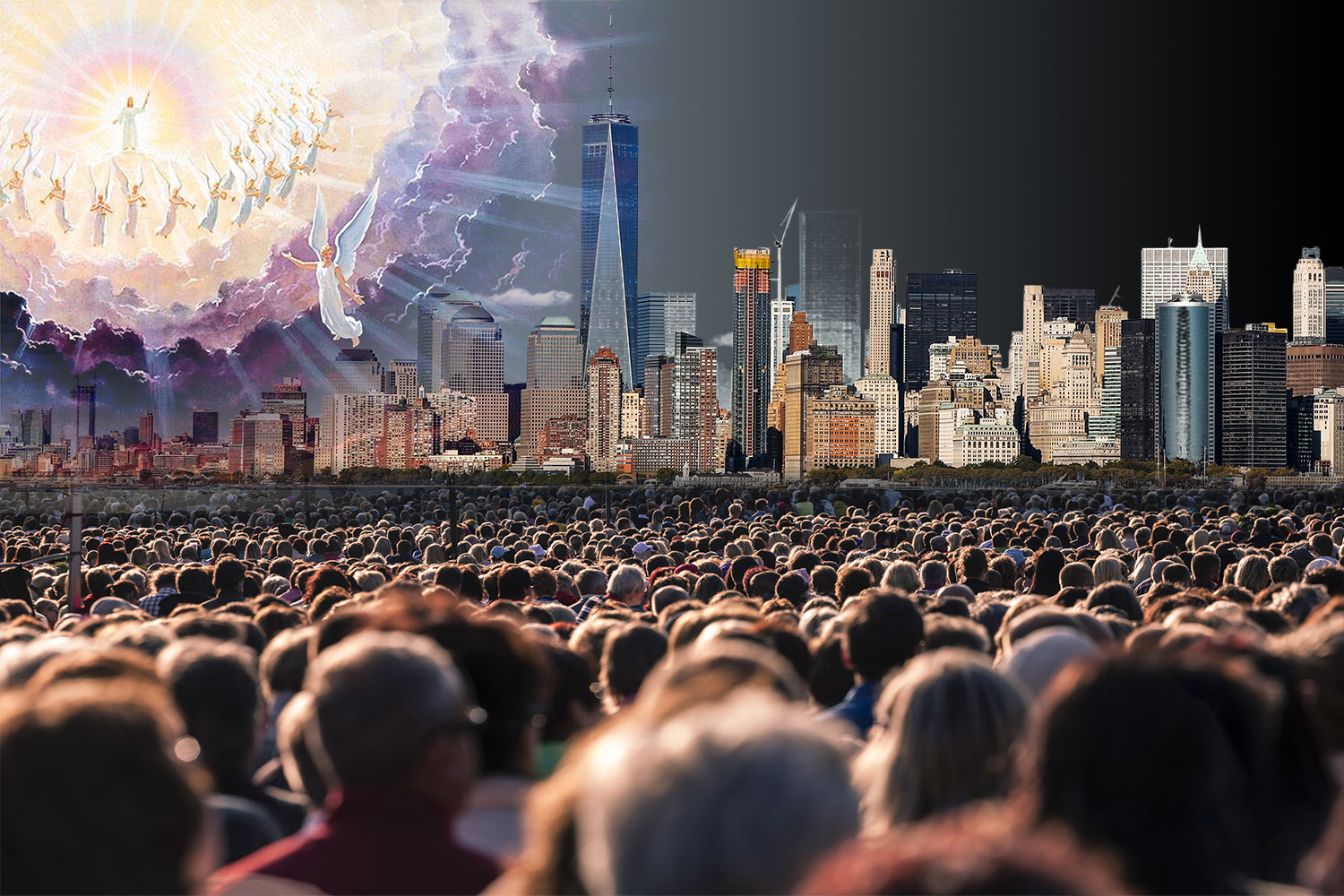
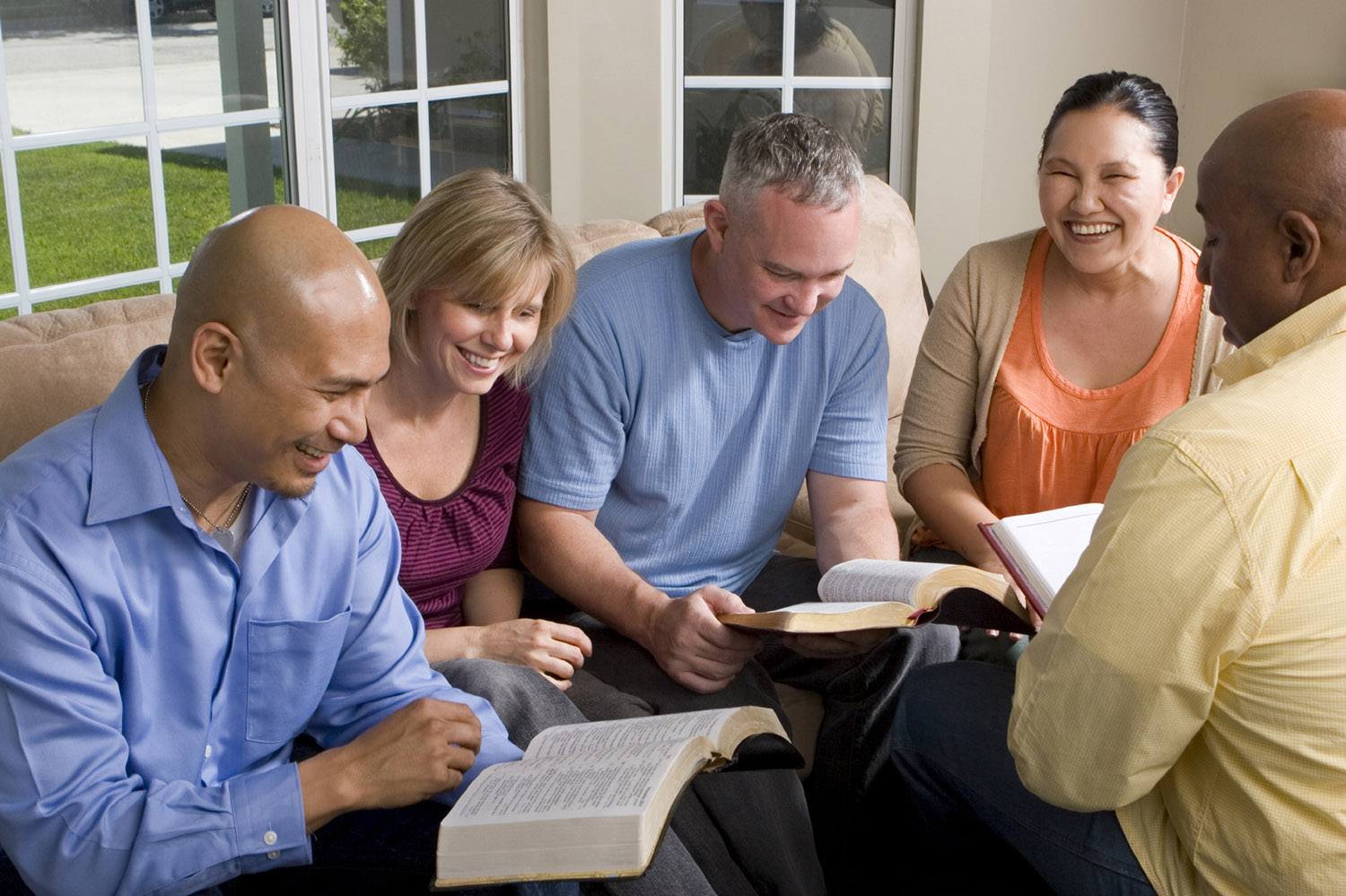
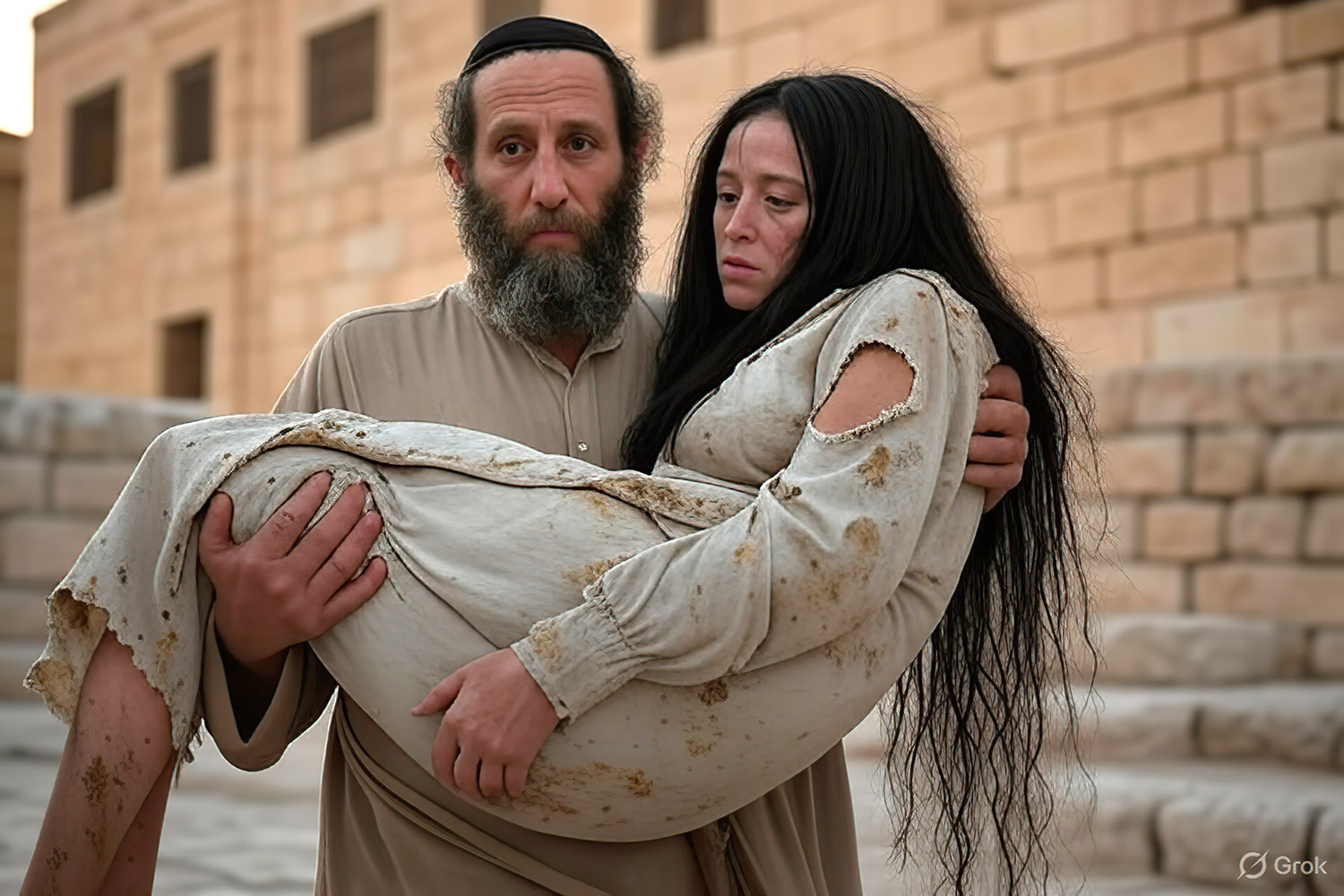
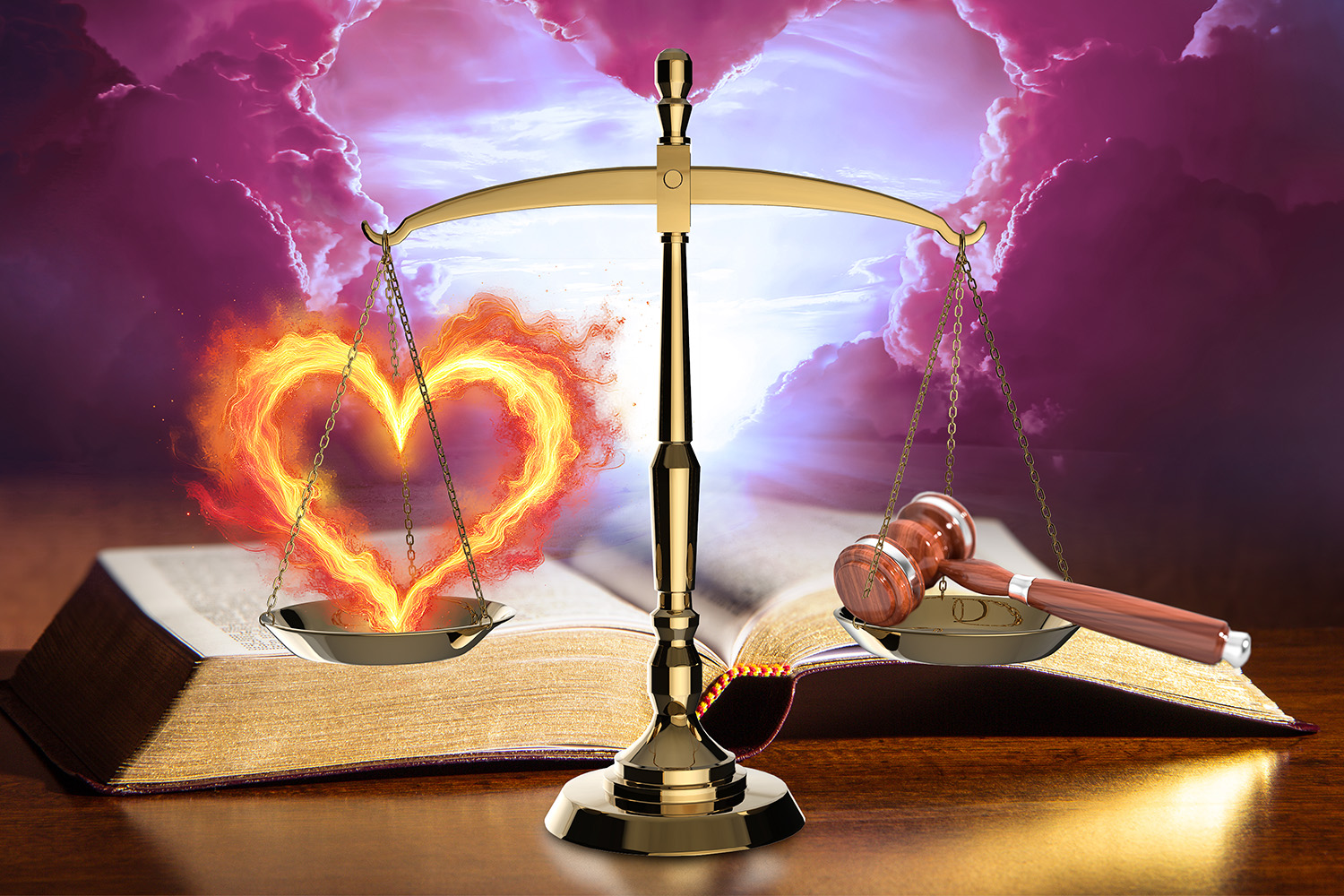


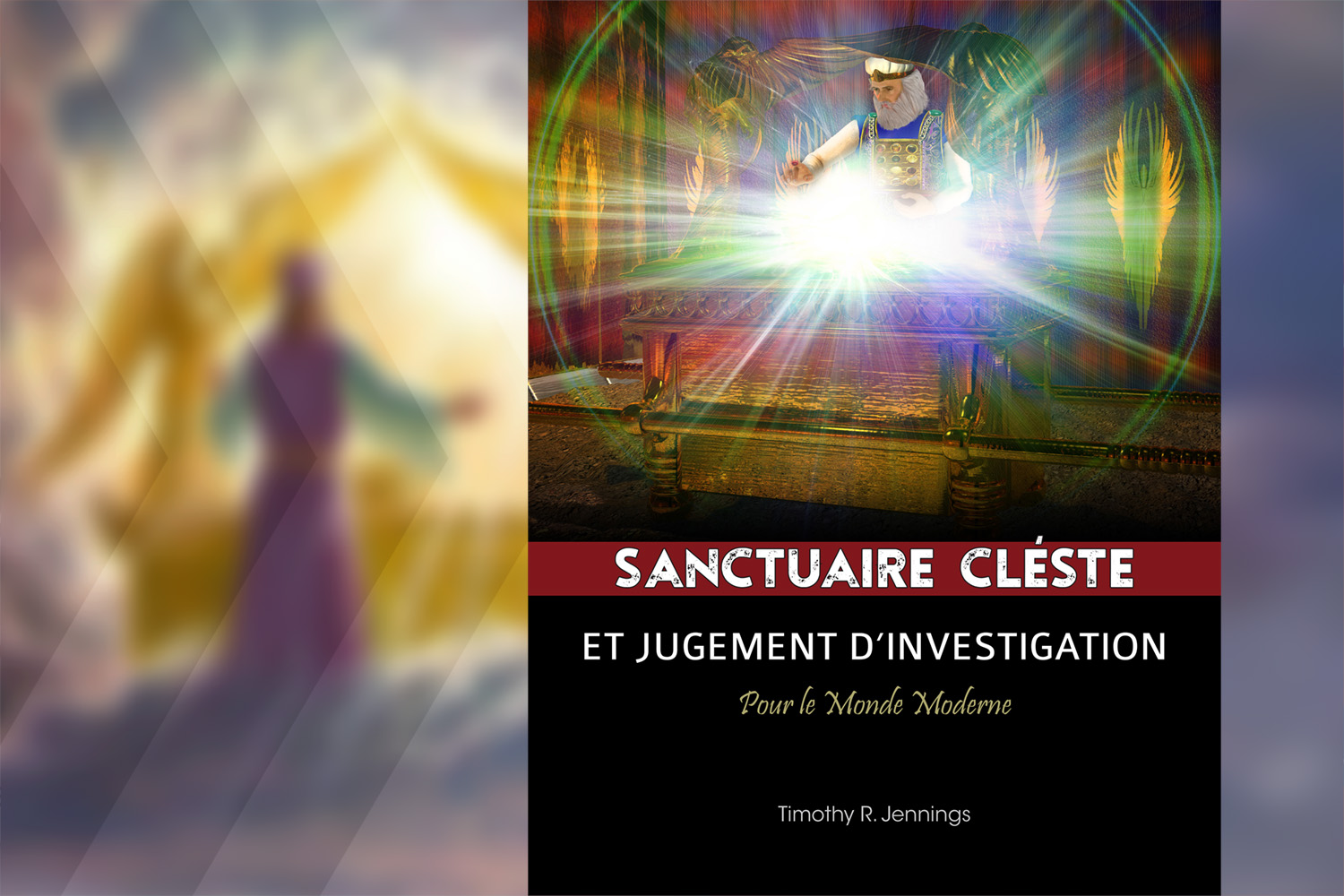
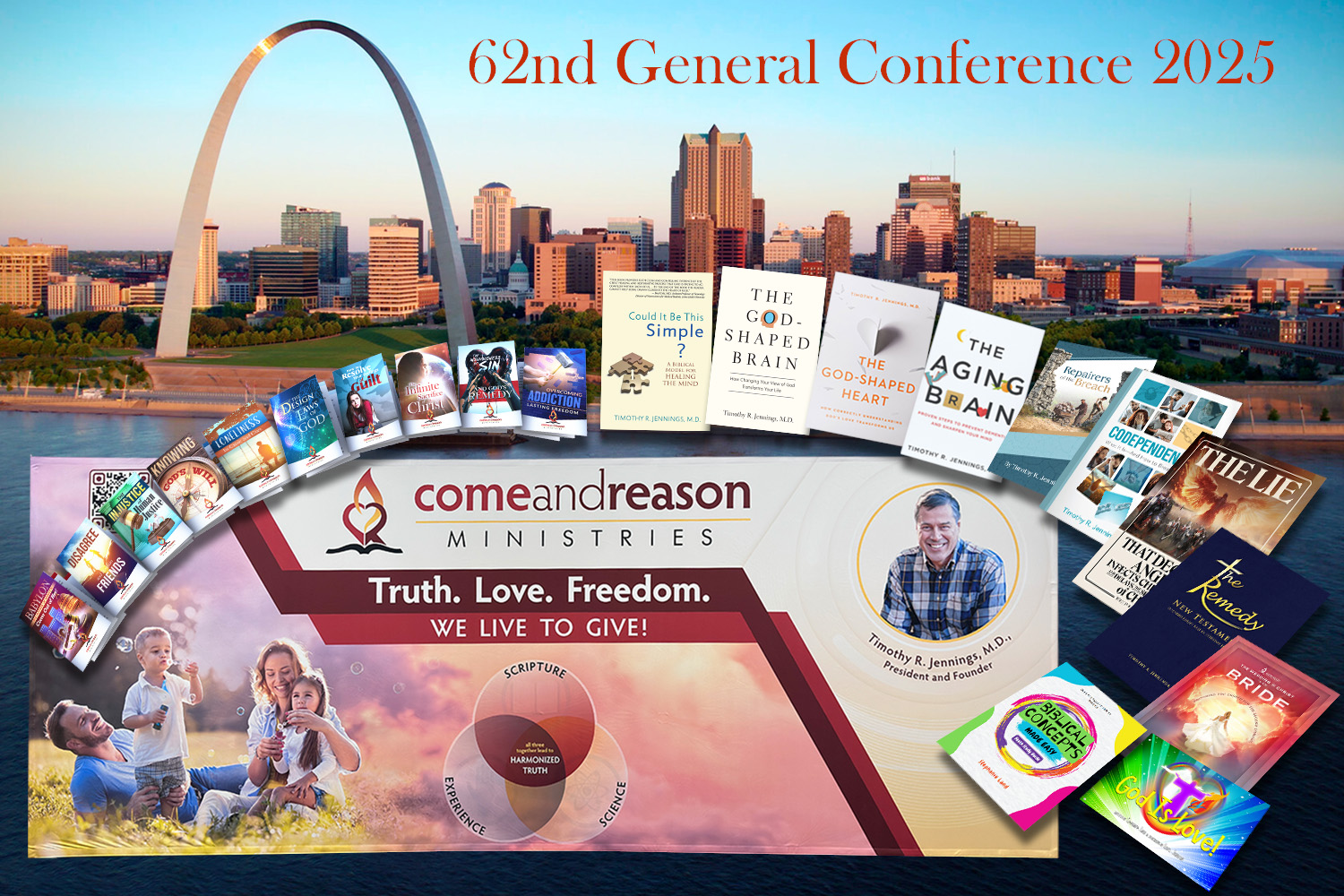

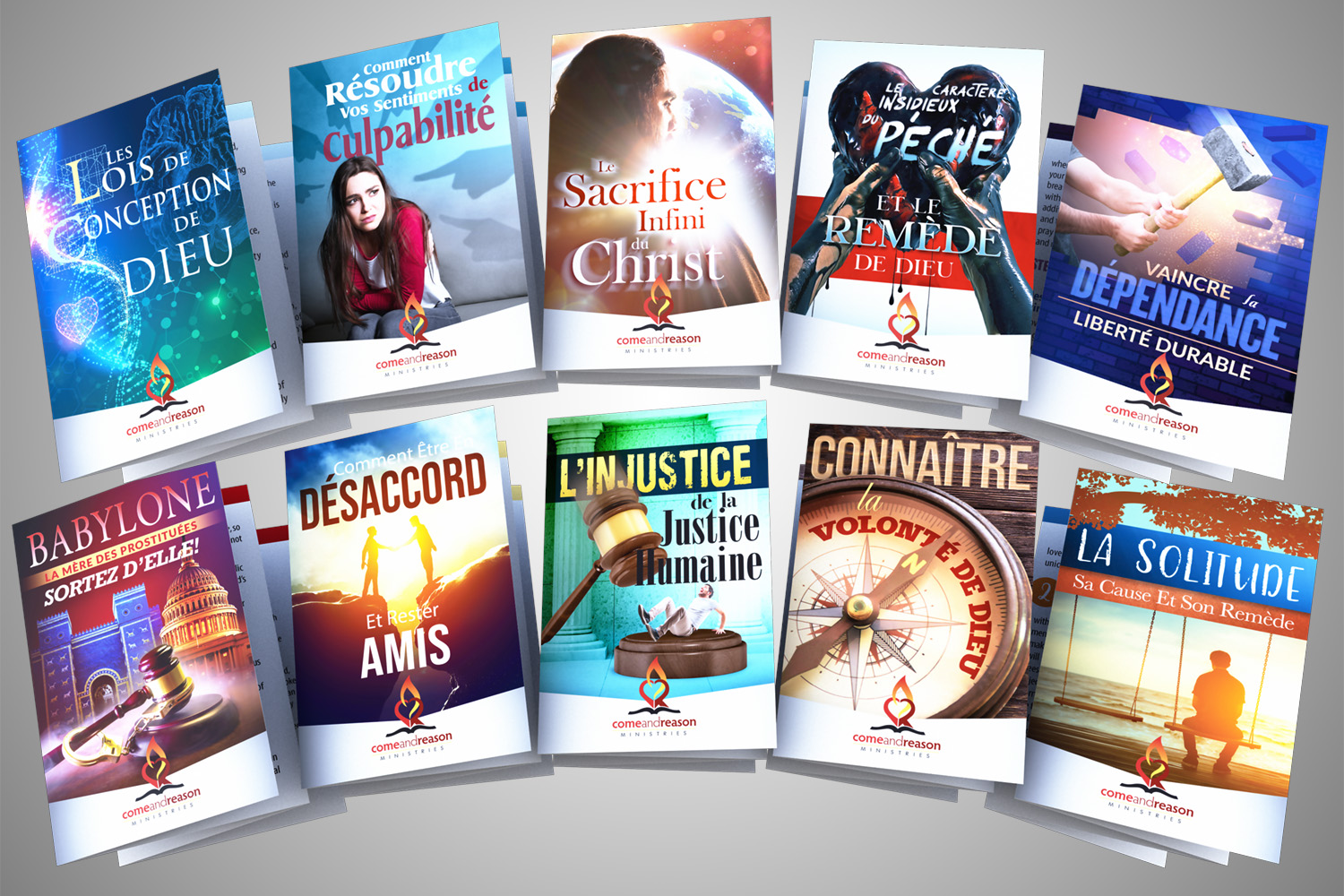
 using your credit or debit card (no PayPal account needed, unless you want to set up a monthly, recurring payment).
using your credit or debit card (no PayPal account needed, unless you want to set up a monthly, recurring payment). instead?
instead?